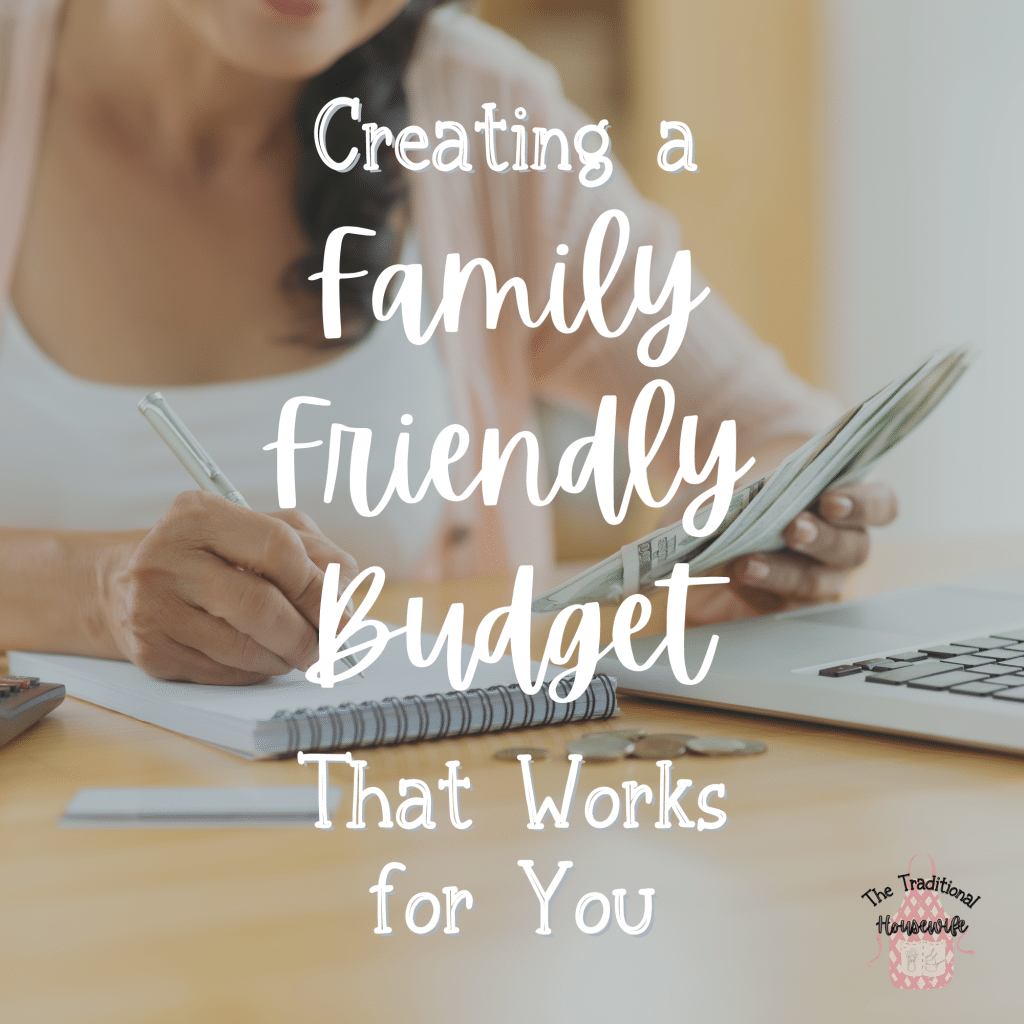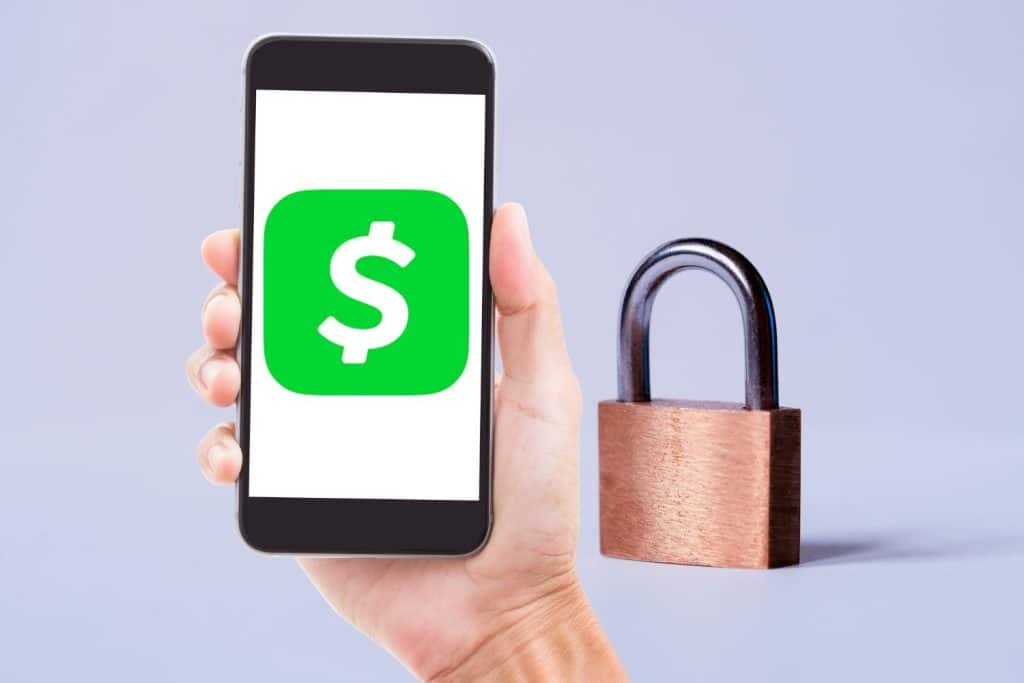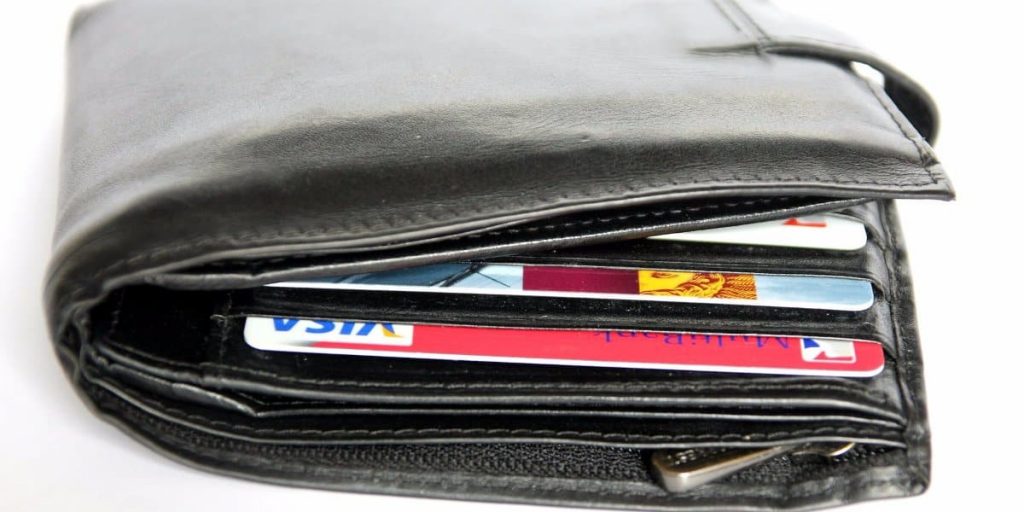Stressed About Money? Here’s How to Find Freedom

With budgeting being at the top of my “list of things that are important,” I understand they aren’t a priority for everyone. For most people, myself included, having a budget isn’t much fun. But we don’t budget our money because it’s fun – we do it for the financial freedom it brings. What happens when you try to live without a budget?
Before we started our budget, our finances were a mess. Without a budget, every month brought a new money crisis into our lives.
When we first discussed the idea of starting to track our expenses, it was a difficult conversation. But over time, as with most things, it got easier. Even when it comes to budgeting, practice makes perfect. Having a budget solves our money arguments – we haven’t had a single fight about money since we started having a monthly budget.
We pretty much have our finances on auto-pilot at this point. Our bills and debt payments are set up on autopay so there’s no worry about missing a due date and incurring late fees.
This has brought so much to our finances and to our marriage.
But before we had a budget, life was very different. Here’s why you can’t win without a budget:
Without a budget, overspending is common and you may end up deep in debt
Overspending is easy. When I see something I want, I toss it in the cart! Whether I’m at the grocery store and find things on sale that I might not normally buy or find a great new top at the store, it’s easy to overspend when I don’t have a limit set for my spending.
And, over time, this gets you into trouble. Or, at least, it’s how I got into trouble.
The average household in the U.S. has $9,600 in credit card debt. When we first started our debt-free journey, we had significantly more than that. Whether you have more or less debt than the average Joe, it’s best to put a stop to it now. When you don’t have a budget, the amount of debt you’re carrying can easily get out of control.
Start a budget now, track your spending, and kick the financial burden of debt to the curb.
Without a budget, unexpected expenses become a big burden
At this point in our lives, we should expect unexpected expenses. (Whew, say that three times fast! HA!)
When you don’t have a budget, even expected expenses can seem unexpected. Think about it for a minute: what happens every December? Christmas! Yet, somehow, a lot of us are surprised when the holidays roll around. We say, “Christmas really snuck up on me this year!” And if expected expenses are a problem, unexpected expenses can bring financial ruin.
Chances are good that, without a budget, you’re living paycheck to paycheck. I know how that goes because I’ve been there. Before we started tracking our spending, we had no savings. And, with no savings, we didn’t have extra money when our furnace went out, to buy birthday gifts, or to pay for (expensive!) car repairs.
It was a huge burden. (And caused money fights in our marriage.)
When you have a budget, you can save for unexpected expenses. It’s easy to see where you’re spending your money, which makes managing your spending habits easier. And when that happens, it’s easy to build your savings.
With savings, you’ll breathe easier knowing that what could have been a financial crisis is now nothing more than a simple inconvenience.
Without a budget, your relationships will suffer
Fighting about money with your better half? I’m not surprised. Money is the leading cause of stress in relationships because it impacts every facet of life. From the car you drive, the clothes you wear, the food you eat, and how you spend your free time, money touches everything you do.
And when you don’t talk about it or, worse, when you don’t agree on how to manage it, your relationship will suffer.
Since we typically spend money on things we value, if you don’t have a budget, you don’t have common financial goals. Not having shared financial goals means you each place value on different things. And when you value different things, you end up at different destinations.
We all imagine a “happily ever after” with our spouse – no one pictures budgets and mapping out shared goals (and if they did, I’m sure they didn’t think it would be this hard to talk about it!).
Without a budget, you’ll never know how much money you could be saving
Until we started tracking every penny we spent, I had no idea how much money we were wasting. To be fair, most of the waste was from me. Sure, sometimes Andrew stopped on the way to work for an occasional morning coffee but I was the one with the fountain-soda addiction.
There’s a gas station just up the road from my workplace. When the weather is nice, I can walk there and back in a jiffy and return to enjoy an afternoon in my office while sipping a delicious blend of Diet Pepsi with just a splash of regular Pepsi mixed in. (When the weather isn’t cooperating, I hop in the car and make it there and back in record time!)
Though I was only indulging my fountain soda addiction three or four times a week, this habit was seriously derailing our financial success.
Who knew this habit was costing me $250 a year?
(And that is if I just got a soda – that doesn’t account for the days I also grabbed a deliciously soft chocolate chip cookie from the gas station bakery.)
Instead, (1) track your expenses, (2) create a budget, and (3) find ways to eliminate spending. Because, without tracking and budgeting, you’ll never know how much money you could be saving!
And because we were tracking our spending, I quickly discovered that my habits needed to change. (I now have a case of Diet Pepsi beneath my desk which saves me just over $150 a year and – an added bonus – I get to enjoy one every single day and still save that much!)
So, my friends, don’t get caught in the financial wasteland of thinking $1 or $2 here and there won’t matter – because it adds up.
When it comes right down to it, if you don’t have a plan for your money, it seriously sabotages your goals. Your hard-earned cash ends up being wasted when it could be used to increase savings and reach your financial goals.






